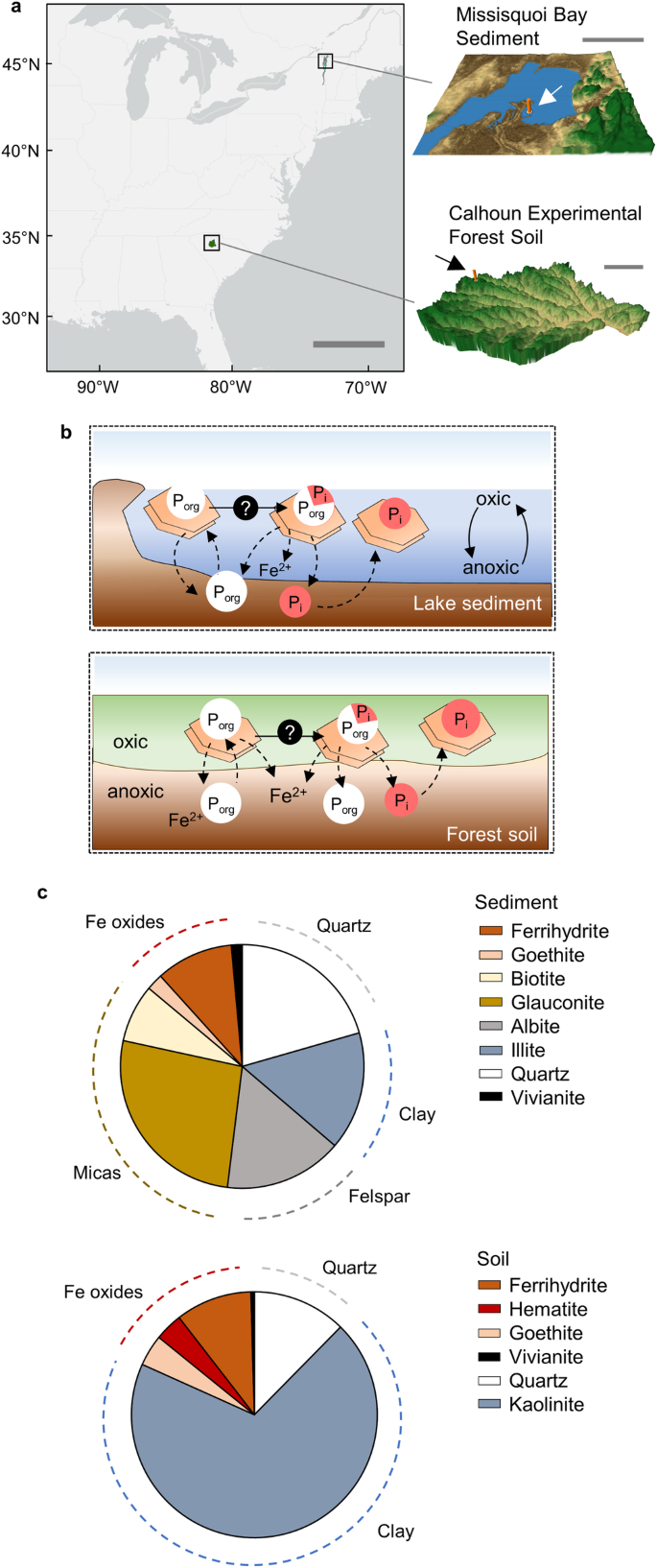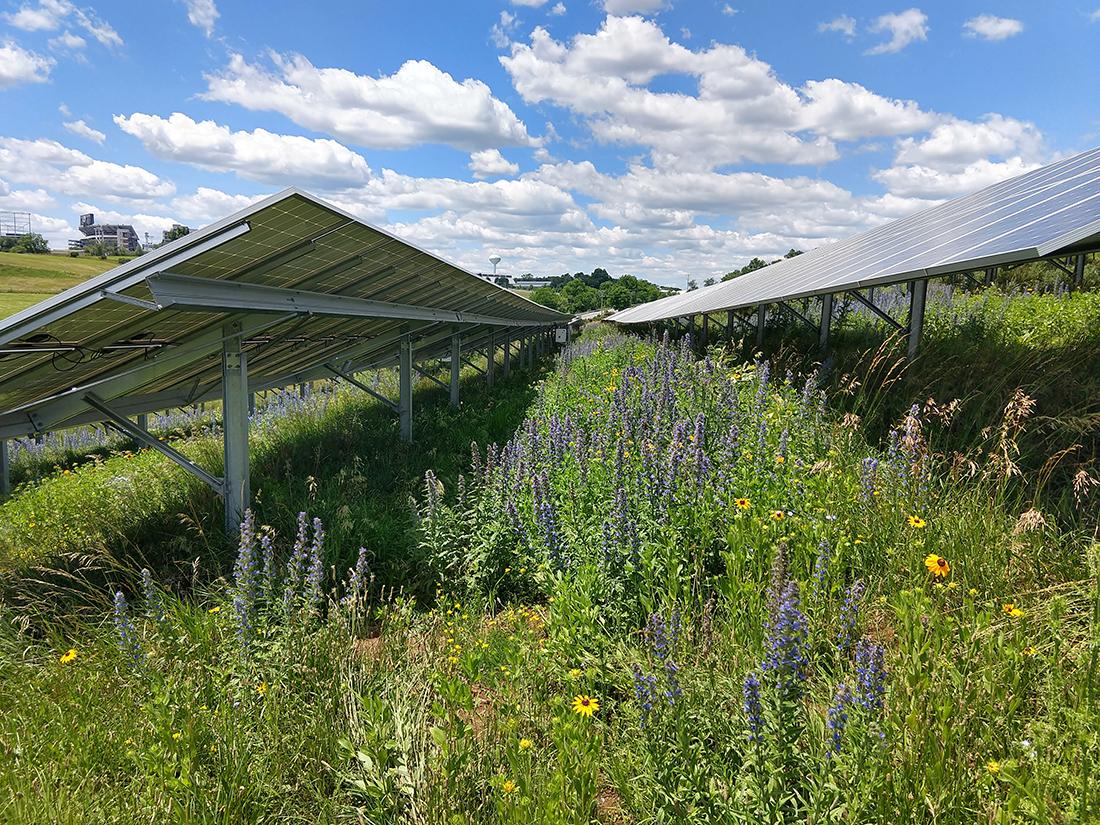2024-07-18 ノースウェスタン大学
<関連情報>
- https://news.northwestern.edu/stories/2024/july/minerals-play-newly-discovered-role-in-earths-phosphorus-cycle/
- https://www.nature.com/articles/s41467-024-47931-z
土壌・堆積物マトリックスにおける有機リン循環の生物触媒としての酸化鉄の解明 Unraveling iron oxides as abiotic catalysts of organic phosphorus recycling in soil and sediment matrices
Jade J. Basinski,Sharon E. Bone,Annaleise R. Klein,Wiriya Thongsomboon,Valerie Mitchell,John T. Shukle,Gregory K. Druschel,Aaron Thompson & Ludmilla Aristilde
Nature Communications Published:18 July 2024
DOI:https://doi.org/10.1038/s41467-024-47931-z

Abstract
In biogeochemical phosphorus cycling, iron oxide minerals are acknowledged as strong adsorbents of inorganic and organic phosphorus. Dephosphorylation of organic phosphorus is attributed only to biological processes, but iron oxides could also catalyze this reaction. Evidence of this abiotic catalysis has relied on monitoring products in solution, thereby ignoring iron oxides as both catalysts and adsorbents. Here we apply high-resolution mass spectrometry and X-ray absorption spectroscopy to characterize dissolved and particulate phosphorus species, respectively. In soil and sediment samples reacted with ribonucleotides, we uncover the abiotic production of particulate inorganic phosphate associated specifically with iron oxides. Reactions of various organic phosphorus compounds with the different minerals identified in the environmental samples reveal up to ten-fold greater catalytic reactivities with iron oxides than with silicate and aluminosilicate minerals. Importantly, accounting for inorganic phosphate both in solution and mineral-bound, the dephosphorylarion rates of iron oxides were within reported enzymatic rates in soils. Our findings thus imply a missing abiotic axiom for organic phosphorus mineralization in phosphorus cycling.



